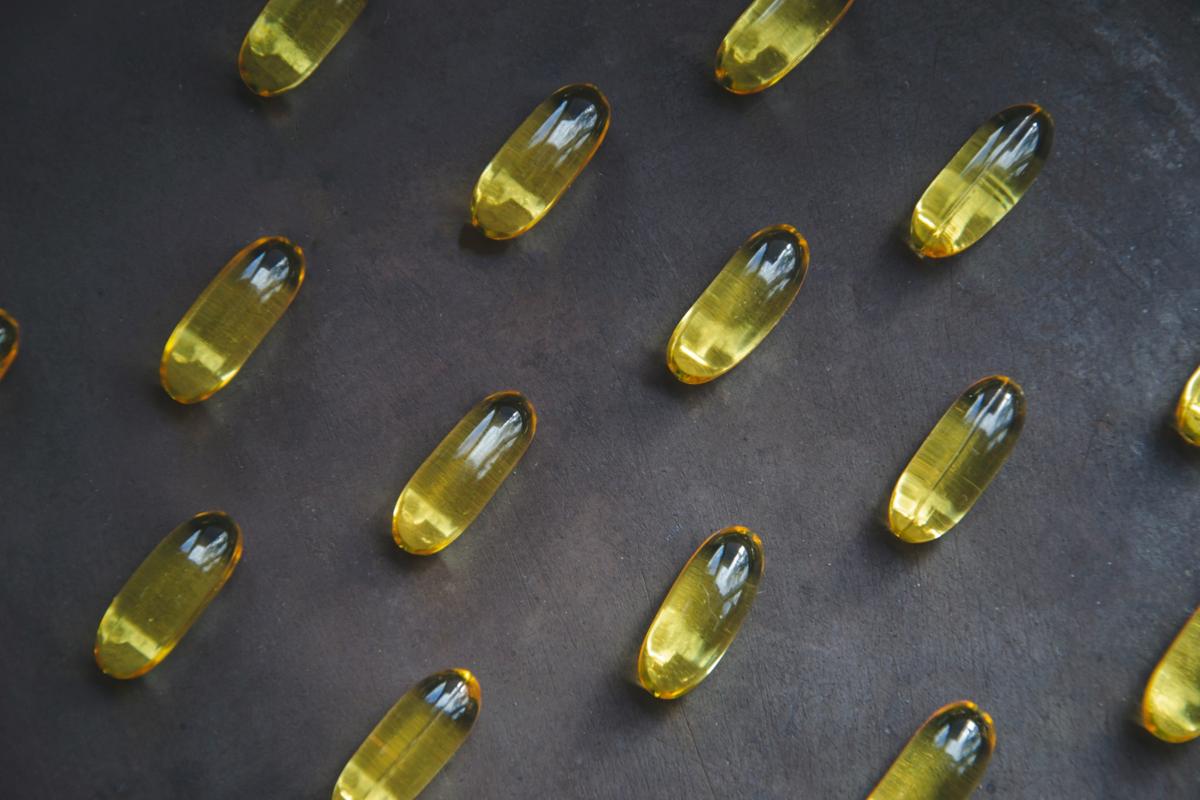NAD+ Supplements: Hope or Hype?
Healthy’s Summary
Curious about NAD+ supplements and whether they’re worth the buzz? You’re not alone. With promises around longevity, energy, and even sharper focus, it’s easy to see why people are giving these molecules a second look. But what do NAD+ boosters actually do—and do they really work?
NAD+, short for nicotinamide adenine dinucleotide, is a coenzyme that exists in every cell of your body. It’s crucial for energy metabolism, DNA repair, and healthy aging. And as we age, our NAD+ levels naturally decline—which is where NAD supplements enter the conversation.
Studies in animals have been promising. Human data? That’s… developing. Some early results are intriguing. Others raise eyebrows. So if you’re someone who’s looking into ways to feel more energized or mentally clear as part of living a fuller life, this article lays out what’s real, what’s iffy, and what still needs proving.
What Is NAD+, and Why Do People Want More of It?
NAD+, short for nicotinamide adenine dinucleotide, is a coenzyme that exists in every cell of your body. Many people have begun looking into NAD+ supplements due to their energy and repair properties. Your body needs NAD+ for:
- Converting food into energy
- Maintaining healthy DNA
- Supporting cellular resilience
- Regulating circadian rhythms
But NAD+ levels drop over time. Some studies suggest this decline may play a role in fatigue, inflammation, and age-related diseases.
That’s where supplements like NMN (nicotinamide mononucleotide) and NR (nicotinamide riboside) come in. These are NAD+ precursors—basically, building blocks your body can convert into NAD+. They’re often marketed with claims around anti-aging, improved metabolism, and even cognitive performance.
But—and this is important—boosting NAD+ in cells doesn’t automatically translate into visible or felt benefits in humans. And not all studies agree on the outcomes.
What Does the Research Say About NAD+ Supplements?
Let’s get into the evidence. Here’s a snapshot of what’s known—and not.
Animal Studies Show Promise
In mice and other models, boosting NAD+ has been linked to:
- Longer lifespans
- Improved mitochondrial function
- Better glucose metabolism
- Delayed onset of age-related decline
One study published in Cell Metabolism found that NMN-supplemented mice showed better endurance and insulin sensitivity as they aged.
But animals aren’t people. And translating these effects into human benefit is… not straightforward.
Human Trials on NAD+ Supplements Are Limited—but Growing
So far, small studies suggest that NAD+ precursors like NR and NMN may:
- Raise NAD+ levels in blood and muscle (that part’s fairly consistent)
- Improve markers of cardiovascular health (a study in Nature Communications saw improved blood vessel flexibility)
- Help with fatigue or energy in some populations (like older adults or those with chronic fatigue)
However, most trials are under 12 weeks long, involve small sample sizes, and often focus on biomarkers—not how people feel or function in daily life. There’s also variability in how people respond. Genetics, diet, and even gut bacteria might affect how well your body uses these supplements.
What Are the Risks?
Generally, NR and NMN appear safe in short-term studies. Side effects are rare and usually mild (think nausea or stomach discomfort). But long-term data is lacking.
And a 2021 Nature Reviews article raised questions about whether excessive NAD+ levels could promote certain cancers, particularly by protecting already-mutated cells from dying. This hasn’t been proven, but it’s something researchers are watching closely.
Ask Healthy
Are NAD+ Supplements Worth the Hype?
It depends on what you’re expecting—and why you’re curious.
If you’re imagining an energy boost on par with caffeine or a reversal of aging, you’ll likely be disappointed. But if you’re open to the idea that these supplements might subtly support aging-related processes—especially when combined with other healthy habits—then NAD+ precursors could be something to watch.
That said, lifestyle changes like exercise, sleep, caloric restriction or intermittent fasting, or a nutrient-dense diet are already proven to support natural NAD+ levels.
So, while NAD+ supplements might help some people under some circumstances, they’re not a miracle molecule. At least, not yet. Instead, you should focus your attention on other lifestyle changes or targeted supplements that can help you feel your best at any age. Check out our other articles like Are Anti-Aging Supplements Worth It? or Are Natural Supplements the Key to a Sharper Mind? What to Know About Brain-Boosting Remedies for a ready-for-you start.
The Takeaway
If you’ve ever found yourself Googling “how to feel more energized” or “how to age well without feeling old,” it makes sense that NAD+ supplements would catch your eye. Wanting to feel mentally sharp, emotionally balanced, and physically capable isn’t superficial—it’s human.
But NAD+ boosters? They’re still a gray zone. There’s legitimate curiosity and encouraging research—but also hype, gaps, and a long list of “maybes.” If you do decide to try them, do it with eyes wide open, ideally with the support of a healthcare provider who’s informed about longevity science.
You’re not wrong to want more from your body and mind. Just know that the best tools might still be the boring ones: sleep, food, movement, and connection.
Want to dig deeper?
Healthy Aging through Nutrition and Hydration
Fuel your body for vitality and longevity! “Healthy Aging through Nutrition and Hydration” provides seniors with simple, actionable tips to improve energy, brain health, and overall wellness through balanced meals and proper hydration. From easy meal ideas to hydration reminders, this program makes staying healthy manageable and rewarding. Whether you’re looking to boost your energy, improve digestion, or maintain your independence, we’re here to help you thrive with practical advice tailored for your needs.
Enroll in one of Healthy’s Programs to log, track and learn more about your Health, one conversation at a time.
Learn More




